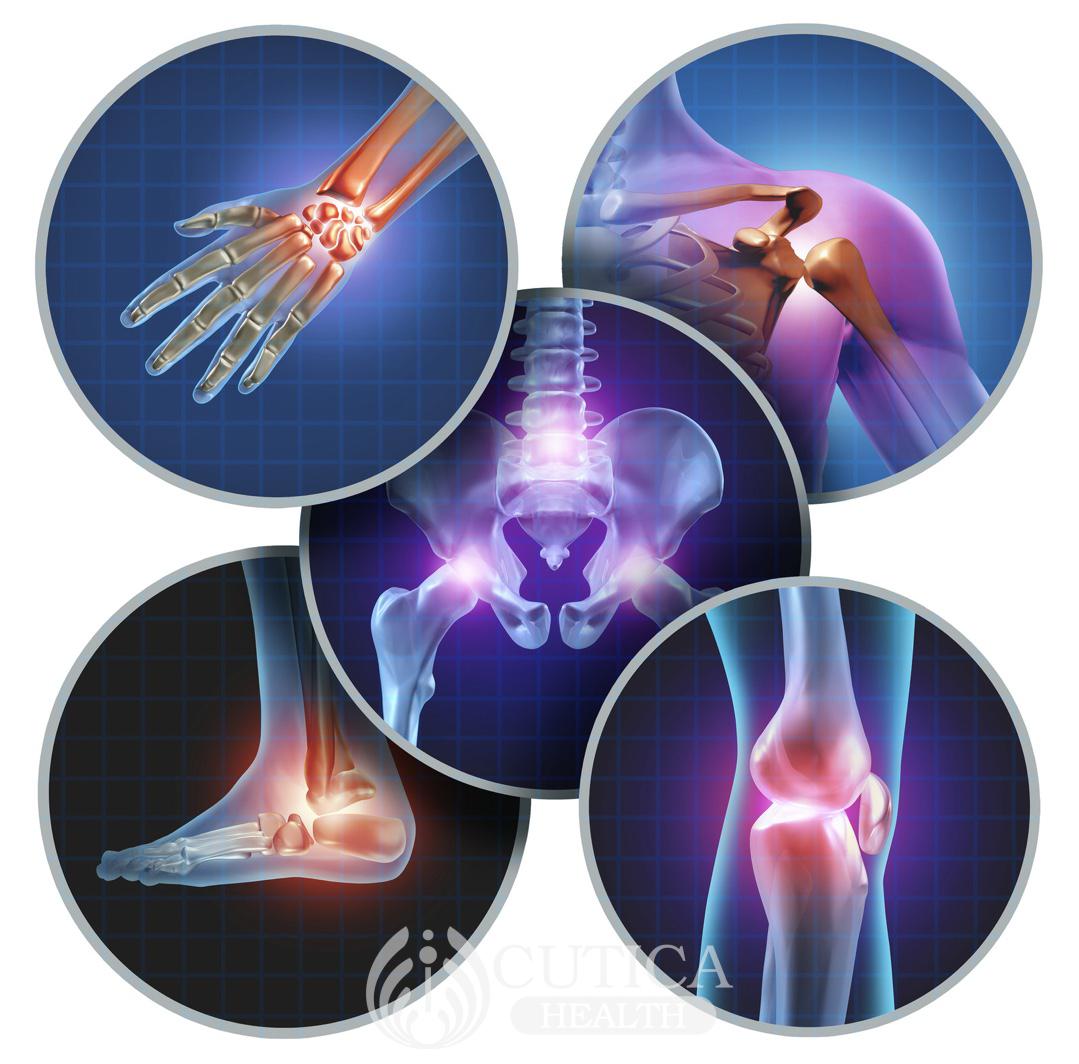
Mrs. Angel, a 36-year old business woman, had been experiencing this sharp pain in her left knee for about a year now; she initially shrugged it off as a nuisance that would go away, until it began to affect the right knee. “Doctor, what do you think is the problem? I am too young to be having joint problems, don’t you think?” she asked Dr. Emeka. Dr. Emeka empathized with her and said she may be suffering from rheumatoid arthritis based on the blood work done and the physical examination he performed.
Rheumatoid Arthritis is a disease that affects the joints causing pain and swelling of the joint due to inflammation in the joints. This results in erosion of joints, which could lead to permanent damage of the joints. The inflammation associated with the disease could also affect internal organs like the eyes, mouth, lungs, etc.

What causes rheumatoid arthritis?
Rheumatoid Arthritis is an autoimmune disorder, which means that it is caused by the body’s immune system attacking the joints, mistaking it for a foreign invader. Usually, the immune system functions by knowing the difference between the normal cells of the body and foreign/damaged cells or bugs. When this system doesn’t work properly, we have an autoimmune disorder.

What makes an individual likely to get rheumatoid arthritis?
- Age: Rheumatoid arthritis can occur at any age but it’s commoner in women of reproductive age(15-49 years), usually starting in their 30s.
- Sex: Majority of autoimmune disorders have been found to be commoner in women. Women are 3 times more likely to have rheumatoid arthritis than men.
- Genetics/Family History: Individuals who have a relative with rheumatoid arthritis are more likely to have the disease. Also, being born with certain genetic traits increases the likelihood of rheumatoid arthritis.
- Smoking: This has been shown to increase the chances of having rheumatoid arthritis.
- Obesity: Studies have shown that obesity increases the risk for rheumatoid arthritis.
How can I know if I have rheumatoid arthritis?
Symptoms of rheumatoid arthritis vary widely but more commonly there is:
- Pain and stiffness usually involving more than one joint
- Tenderness and swelling in more than one joint
These symptoms can be characterized by symmetrical distribution, meaning involving both hands and both knees.
Other symptoms include
- Weight loss
- Fever
- Fatigue or tiredness
- Weakness
How can rheumatoid arthritis be treated?
Rheumatoid arthritis is treated with simple painkillers, such as Advil or Tylenol, and drugs that help slow down the attack on the joints by the immune system. These drugs are called DMARD (Disease Modifying Antirheumatic Drugs). Steroids, such as prednisolone are also prescribed to reduce the amount of immune cells available for attacking the joints.
Other modalities to manage rheumatoid arthritis include exercise, smoke cessation, maintaining a healthy weight, adhering to treatment plans from health professionals, etc.
Can Rheumatoid Arthritis be cured?

While this disease can not be cured, it can be effectively managed by early treatment and adherence to lifestyle changes can help significantly reduce the impact of the disease process. So all hope is not lost.












